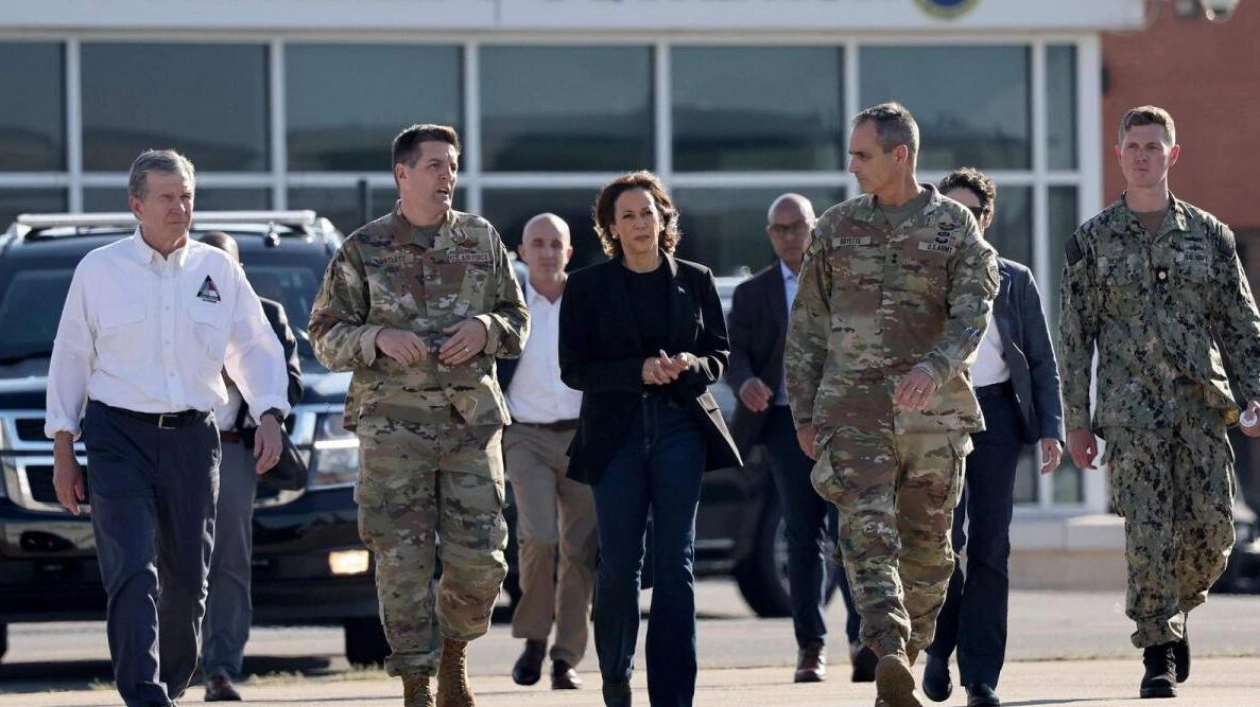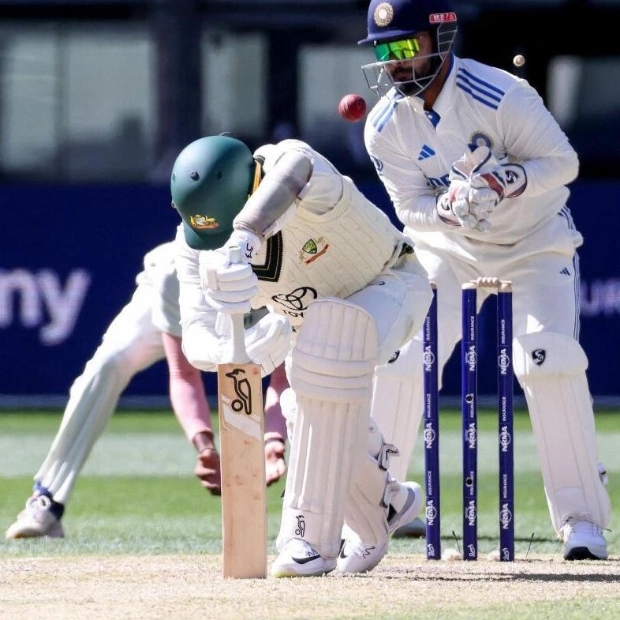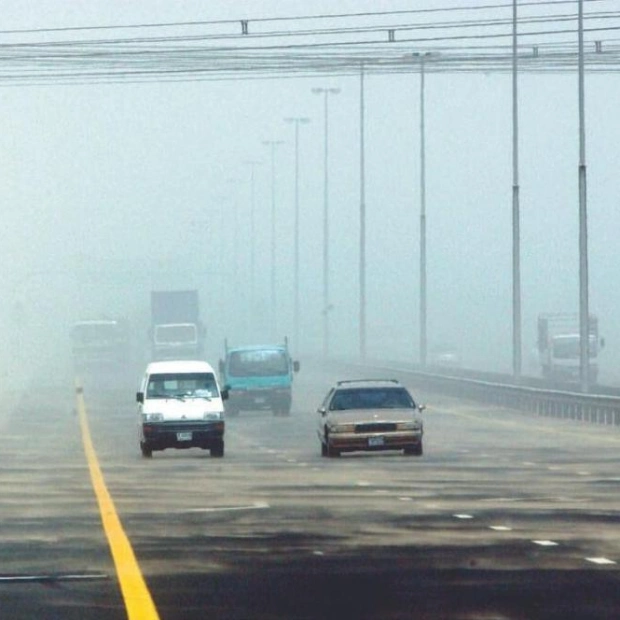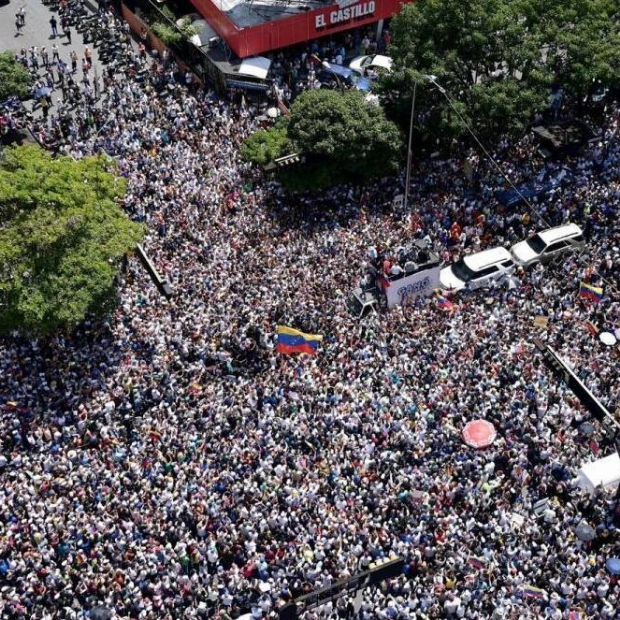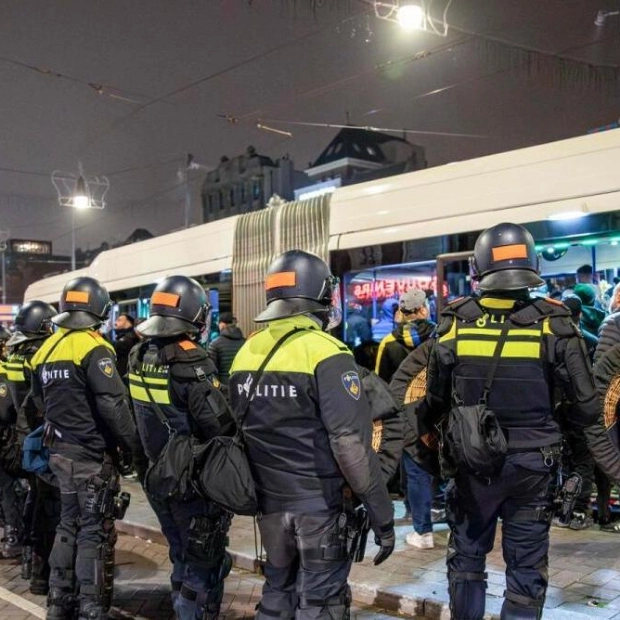With only one month remaining in a tightly contested US presidential election, Donald Trump made his way to the crucial battleground state of Wisconsin on Sunday, while his rival Kamala Harris embarked on a week-long media interview blitz. Recent polls show the Republican and Democrat candidates in a dead heat, prompting a high-stakes, high-intensity campaign to win over every undecided voter in the seven key states expected to determine the outcome on November 5.
Trump's visit to Wisconsin marks his fourth in eight days, following his loss in the state during the 2020 election. Harris, on the other hand, was in Wisconsin earlier this week, holding a rally in Ripon, the birthplace of the Republican Party, where she appealed to moderate and disillusioned conservatives.
Trump's latest visit follows a dramatic campaign return to Butler, Pennsylvania, on Saturday, where he narrowly escaped an assassination attempt in July. The former president's campaign team had hoped to regain the momentum he enjoyed at that time, which saw him leading in the polls before President Joe Biden withdrew and was replaced by Harris.
In a lengthy, often disjointed speech delivered behind bulletproof glass, Trump implied that his political adversaries might have been involved in the failed assassination attempt. "Those who want to stop us... have slandered me, impeached me, indicted me, tried to throw me off the ballot, and who knows, maybe even tried to kill me," he told tens of thousands of supporters who had gathered for the event.
The gunman, who was killed, was a registered Republican, and investigators have found no motive or political connection to his attempt on Trump's life. Trump also repeated unfounded claims that the Biden-Harris administration had diverted relief funds intended for areas devastated by Hurricane Helene to migrant programs. Billionaire Elon Musk, who was the main guest at Saturday's Butler rally, has amplified these accusations to his 200 million followers on his X platform, despite lacking any evidence.
Meanwhile, Harris spent Saturday in North Carolina, meeting with relief workers and residents in one of the areas hardest hit by Helene, which caused widespread destruction across several states and resulted in over 220 deaths. In an effort to reach key voters, the vice-president is set to appear on a series of television, radio, and podcast shows throughout the coming week.
Harris has faced criticism for avoiding one-on-one interviews with national media since becoming the Democratic nominee. Her first appearance will be on Sunday on the popular "Call Her Daddy" podcast, where she is expected to focus on reproductive rights, an issue Democrats believe will resonate strongly with undecided voters, particularly women. Later in the week, she will also appear on ABC's The View, The Howard Stern Show, and The Late Show with Stephen Colbert, all of which are seen as generally supportive of the Harris campaign.
Adding to the star power, former president Barack Obama will campaign for Harris in key swing states starting Thursday. The 63-year-old remains a significant figure within the Democratic Party, and he and former first lady Michelle Obama delivered well-received speeches in support of Harris at the party's national convention in August. Obama will continue campaigning in battleground states up until election day, according to Harris's campaign.
